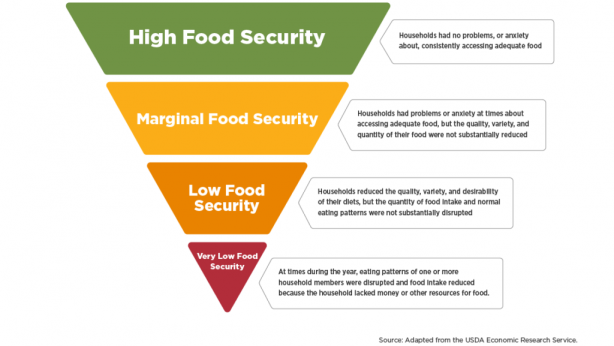March is National Nutrition Month
There’s no one diet that is right for everyone, so it’s important to follow a healthful eating plan that’s packed with tasty foods and that keeps your unique lifestyle in mind.
Are you ready to make changes in your lifestyle and move toward a healthier weight? Here are some tips to get you started.
Start with a plan for lifelong health. Focus on the big picture—achieving overall good health—not just short-term weight loss.
Set healthy, realistic goals. You are more likely to succeed in reaching realistic goals when you make changes step-by-step. Start with one or two specific, small changes at a time. Track your progress by keeping a food and activity log.
Eat at least three meals a day and plan your meals ahead of time. Whether you’re eating at home, packing a lunch or eating out, an overall eating plan for the day will help keep you on track.
Balance your plate with a variety of foods. Half your plate should be filled with fruits and vegetables, about one fourth with lean meat, poultry or fish, and one fourth with grains. To round out your meal, add fat-free or low-fat milk, yogurt or cheese.
Start your meal with low calorie foods like fruits, vegetables and salads. These foods are packed with nutrients your body needs.
Focus on your food. Pick one place to sit down and eat at home. Eating while doing other things may lead to eating more than you think. Also, switching from a large plate to a smaller one may help you feel satisfied with reduced portions.
Know when you’ve had enough to eat. Quit before you feel full or stuffed. It takes about 20 minutes for your brain to get the message that your body is getting food. When your brain gets this message, you stop feeling hungry. So, fast eaters—slow down and give your brain a chance to get the word.
Get plenty of fiber from fruits, vegetables, beans and whole grains. Fiber can help you feel full longer and lower your risk for heart disease and type 2 diabetes.
Watch portion sizes to manage your calorie intake. This is the key to an effective weight management plan.
Snack smart. Include snacks as part of your daily calorie allowance and limit portions to one serving. Plan for nutritious snacks to prevent between-meal hunger. Keep portable, healthy snacks in your desk, backpack or car.
Find your balance between food and physical activity. Regular physical activity is important for your overall health and fitness—plus, it helps control body weight, promotes a feeling of well-being and reduces the risk of chronic diseases.

